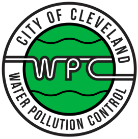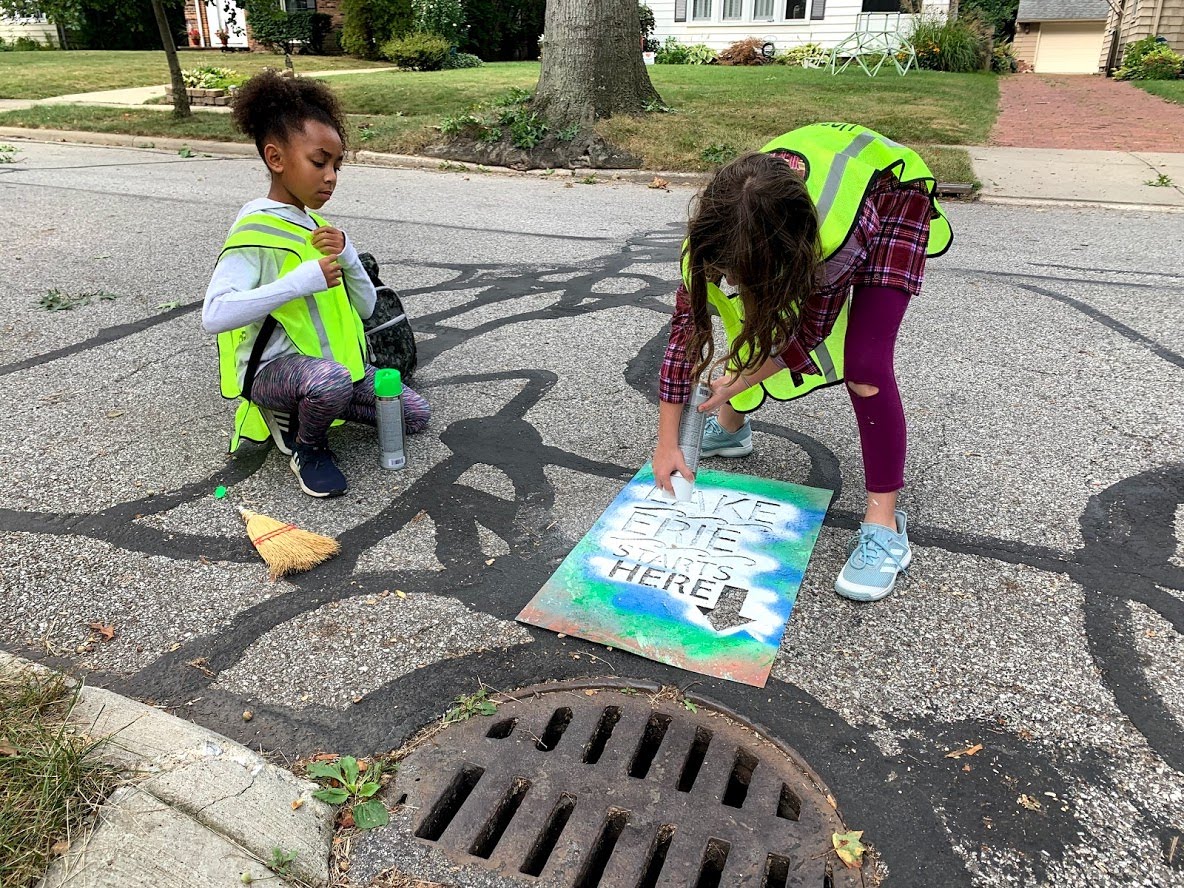Our Campaign
Residents and others also are encouraged by the campaign to report illegal dumping. Violators can be fined up to $1,000 for each occurrence, such as pouring chemicals into a catch basin or storm drain or dumping old tires on the side of a road. Currently there are three themes to the Only Rain Down the Storm Drain campaign.
Make a Difference
Green Projects
Green projects help manage wet weather impacts, such as flooding, and they can restore some natural processes required to manage water in urban environments.
Learn More

